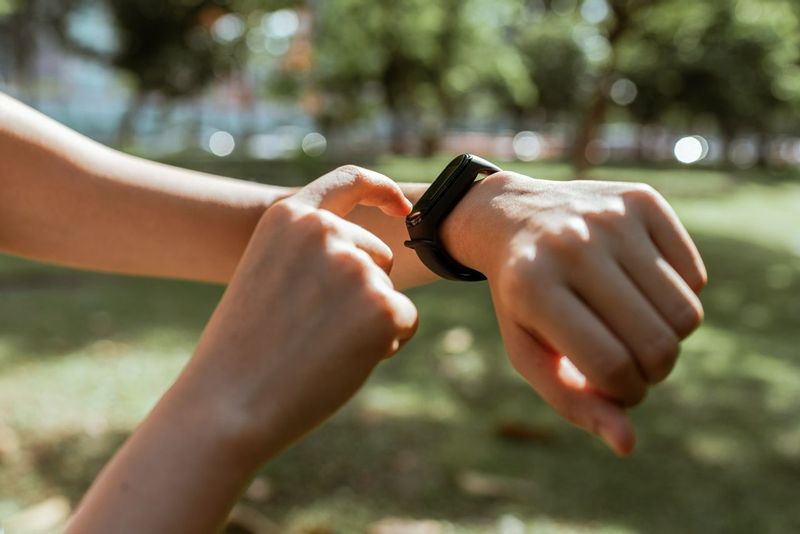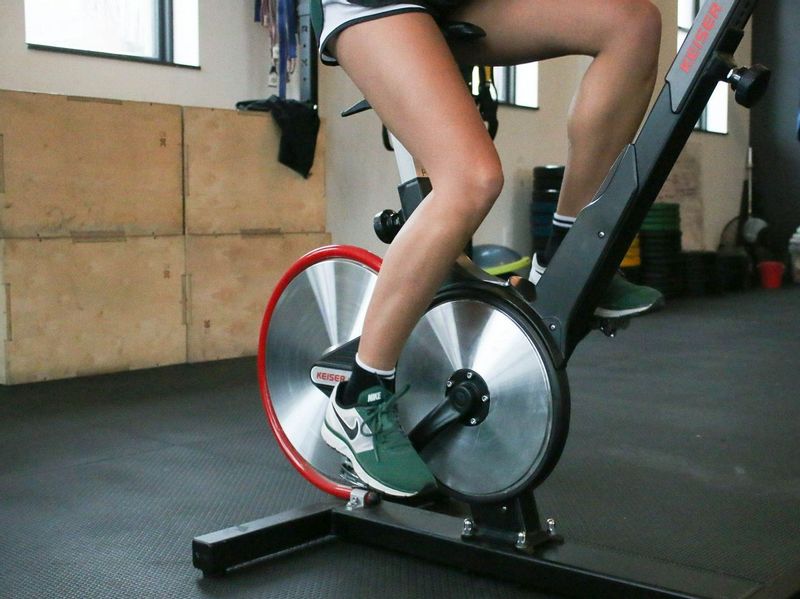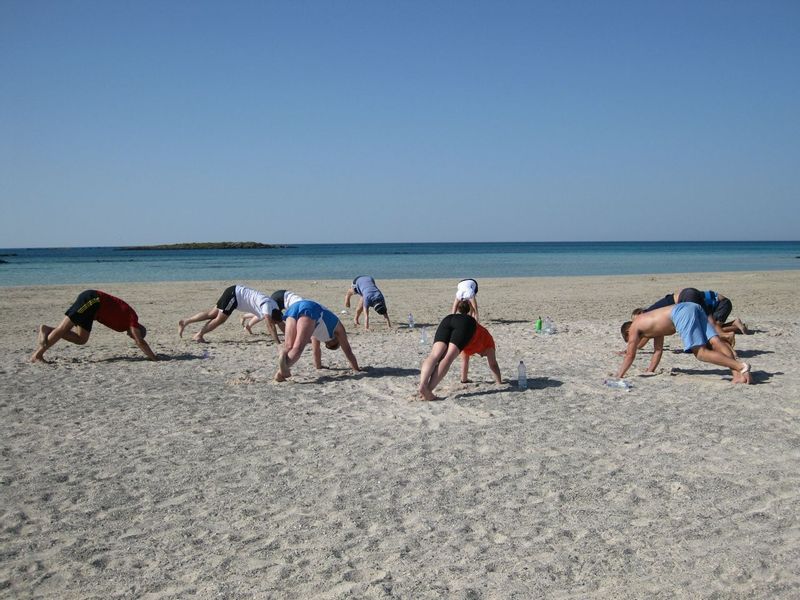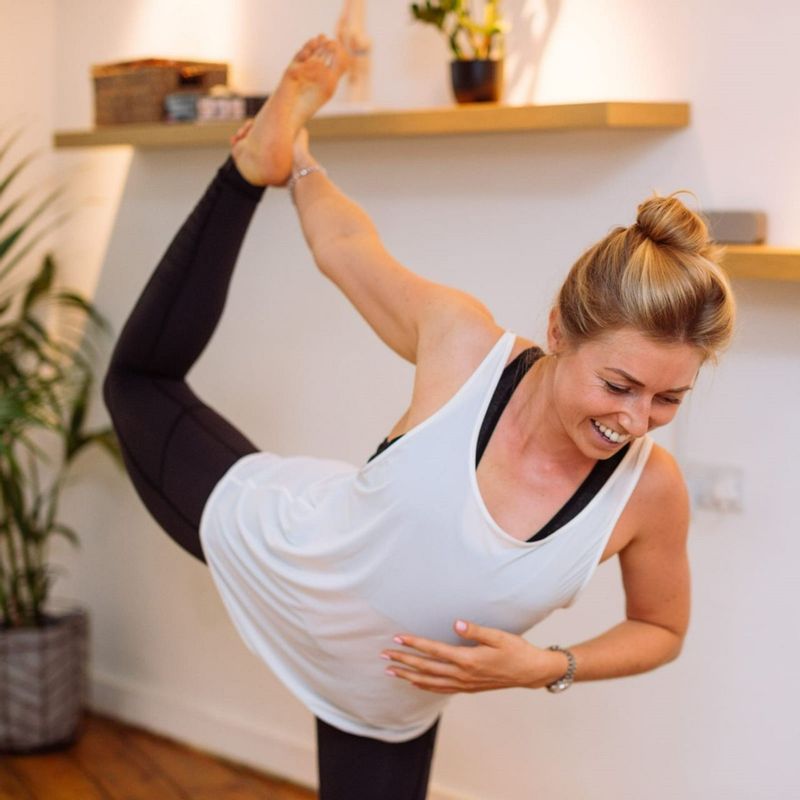How to Manage Your Training Load

Training load is the strain and stress that exercises put onto your body - it is that strain and stress that challenges you, and given you take sufficient rest you will come back to the exercise stronger.
Training load is the strain and stress that exercises put onto your body - it is that strain and stress that challenges you, and given you take sufficient rest you will come back to the exercise stronger.
To optimise the results of your training, you want to find the balance between enough strain and challenge, yet not so much that you fatigue or injure yourself.
Often, we worry about injury coming from improper technique, and whilst that is certainly something we need to be considerate of we also need to think about our training load (and something I am going to call life load for the purpose of this blog).
Elite athletes use tracking devices and data to calculate their excess post-exercise oxygen consumption, and this gives them an indication of where they are at. Thanks to the boom in fitness tech, tracking our workout and training data has never been easier! You may already be using watches, your phone or other wearable tech to monitor the intensity of your workouts and core vitals.
For those who aren’t as in tune with tech there are other ways to manage your training load – here are a few thoughts you may wish to consider:
A bit of both
I suggest splitting your training between ‘man this is tough’ and ‘this feels like the kind of training I could still be doing in 40 years’ time’.
The first of these two is going to make your stronger and improve your cardiovascular fitness.
The second of these is going to take care of your joint mobility, stability and hopefully your posture.
Both have effects on your physical health AND your mental health.
Often people get frustrated when they don’t see progress and it is because they aren’t pushing themselves hard enough when they should be, or they aren’t allowing enough rest for the body to recoup.
Make sure your hard workouts are hard enough AND your easy workouts are easy enough. A simple statement but read that again, it will transform your training.

Keep it simple and sustainable
You see trends come and go in the fitness world - that is fine, they are fun for sure. But strive to find a trainer or a gym where the movements are simple and straight forward - that way when you are training on your own you aren’t trying to recreate something complex and crazy. But also, you can very easily manage the load - simply adding resistance, slowing down the tempo or altering the duration.
Good exercise and movement patterns will stand the test of time, they will be with you in 10, 15 and 20 years’ time… Still challenging and still positively impacting your health.
If you think the exercises you are doing aren’t sustainable, ask yourself the benefit of that given exercise on the body? Longevity, safety, and understanding should play a big part in your training.
Life load
Earlier I said load is stress and strain. That does come from exercise, but it can also come from life - work stress, financial worries, concerns for your family…all of these stresses impact how much your body can tolerate.
Day to day and week to week you may have to reduce the intensity of your training IF the intensity of your life is dialled up. And vice versa. That’s why when you are on holiday you can push yourself and enjoy tough workouts because you don’t have much else to worry or stress you that day and you’ve made the commitment to your workouts by embarking on a healthy holiday in the first place. Your body also has the chance to recover via an expertly managed programme and tailored spa treatments.
When your life load gets in the way of your training is important not to beat yourself up and remember that something will always be better than nothing. Try to carve out some movement time for yourself, even if it is low impact – your body and mind will thank you for it!

Think about your recovery
Sleep and nutrition are probably the most important here - without the chance to recharge and refuel you are setting yourself up to fail. If you are someone who wakes early - great, but make sure you get to sleep early enough to bank the needed hours. If you are someone who is always on the go then think about preparing your meals in advance, and if you know you will need them then carry a few healthy snacks around with you.
Nowadays you can also book treatments with a range of therapists, you can follow online stretch videos, foam roll from the comfort of your home and even use all kinds of cryo and hydro therapies to assist your recovery.
Honestly, most of us probably don’t train so hard we need to worry about spending a fortune on these last few… but if you are out there physically pushing yourself more that 2 or 3 times a week it might be worth investing.
I hope that has helped you think about how to manage your training load, as always if you have any questions, please reach out to me!
Talk to one of our Wellness Travel Specialists on 0203 397 8891 or contact us here to discuss tailor-making your perfect wellness holiday.
|
|
Jessica Lambert is a health-conscious passionate Osteopath (M.Ost), Yoga & Pilates Teacher who loves bringing together all kinds of exercise and habits to enhance the wellbeing of others. She runs a virtual Yoga & Pilates studio 'The JL Collective' and hosts global retreats. |




